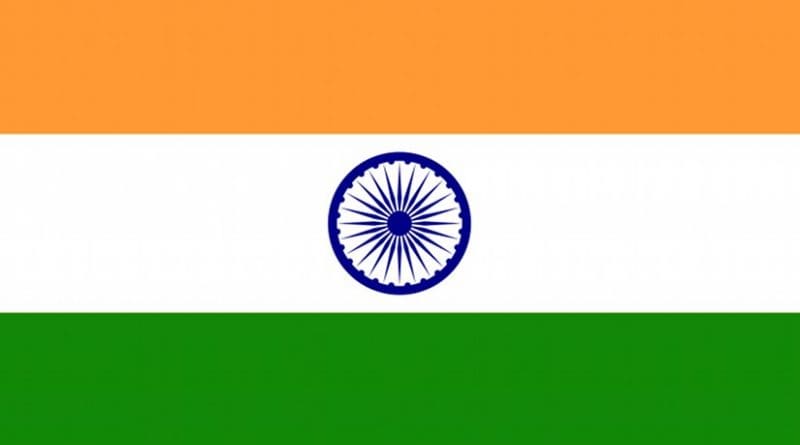The Unsung Heroes Among Us – OpEd
There are many NGOs run by groups of expats, most of whom work on shoestring budgets provided by donations by fellow countrymen. Many among them volunteer their free time to help their fellow nationals in distress. One of the most significant groups are expatriate Indians who usually join or form their own NGOs.
Following the Nitaqat grace period for the correction of worker status, the Indian diplomatic missions made good use of these volunteers to help workers either to correct their status or to help them return home. Through this experience, the Embassy of India in Riyadh realized the value of volunteers and subsequently formed Helpdesk committees to accommodate volunteers in Riyadh, Dammam and Jubail.
The volunteers have to register with the Embassy to help the workers in labor disputes, jail cases or the transport of the dead back to their country. The Embassy provides an authorization to the volunteer to approach the sponsor or the concerned authorities to get justice for workers. The limited Embassy staff simply cannot cope with all the cases in a large country like Saudi Arabia where approximately 3.5 million Indians are working.
The Jubail Helpdesk is one such committee of approximately 40 volunteers from various walks of life. They started in March 2014 with the blessings of the then Ambassador Hamid Ali Rao and the deputy chief of mission Sibi George. They formed separate wings to deal with different issues, such as labor complaints, death cases, jail cases, etc. They have handled hundreds of cases so far.
This committee has brought many labor discrepancies to light including the 17 Indian workers jailed by a Chinese company in Jubail. When the same Chinese company recruited some 91 workers from India and denied them their agreed-upon salary, Jubail Helpdesk came forward and took up their cause and with the support of the Indian Embassy forced the company to give the workers their rights. Now for more than one year those workers have been paid their contractual rights regularly.
An Indian housewife from Surat, Gujarat was murdered by her husband in mid-October of this year in Jubail and the Indian Embassy authorized Jubail Helpdesk volunteers to provide the necessary help to the family of the victim. The family wished to come to Jubail and the NGO helped them to get a visit visa and complete the formalities to allow the family to take the body of the deceased woman home. During their stay, a trip to Makkah and Madinah was arranged by the NGO. Their hotel stay was sponsored by the Flour Arabia Co. in Al-Khobar, where the husband had worked.
When a desperate Tamil Nadu native housemaid Stella Manikandan threw a message in a plastic water bottle through her window in the house in which she was locked up in Fanateer in Jubail, the Indian worker who found the message alerted the Jubail Helpdesk. The woman was asking for help to have her plight made public to the authorities and to inform her husband back home of her situation. The volunteers took the case to the police station and forced the sponsor to send her home.
When Kerala native Raveendran Nair was put behind bars by his company because of the disappearance of power cables at his place of work, Helpdesk volunteers investigated the details and proved his innocence. Accordingly, Raveendran Nair was freed and paid all his salary and benefits.
When Ali Hussain Miyan died in June 2014, his body remained in a morgue in Al-Ahsa for months as he was one of 14 workers who had filed a labor case against his company. Jubail Helpdesk cut through the bureaucratic jumble and brought the issue to light and the authorities forced the sponsor to send the body to India immediately.
Jubail every so often is highlighted in the news due to the large number of Indian fishermen working the coast of Jubail who inadvertently drift into the territorial waters of other neighboring countries and are then detained and put in jail. The Jubail HelpDesk has been instrumental in their release.
This NGO like some others performs its work in the service of others without any expectations. They do it with goodwill, and it is this kind of goodwill that all of us should exercise in the service of humanity.
This article appeared at Saudi Gazette and is reprinted with permission.

